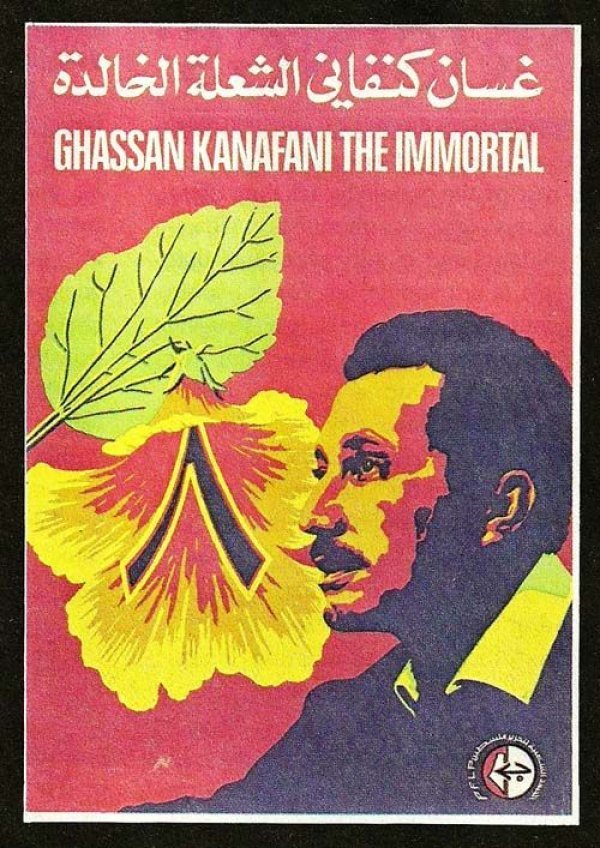
Ghassan Kanafani's name reigns supreme in Palestinian literary fiction, as he is considered one of the most important Palestinian writers who laid the foundation for Palestinian literature after the Nakba (the Palestinian catastrophe). He revived awareness of it and the Palestinian cause through his writings, drawing inspiration from the pulse of Palestinian streets and their reality.
"Born in Acre"... Shadows of Life in the Era of Nakba
He was born in Acre in 1936 and later moved to live in Jaffa. He belonged to a middle-class family; his father was a lawyer. However, this family collapsed suddenly, turning them into refugees. They left Palestine for Lebanon, and later he went to Damascus, where he studied Arabic literature. He then traveled to Kuwait, engaging in reading and writing.
The Palestinian Nakba of 1948 was a dark point in Palestinian history, and Kanafani was deeply affected by the reality that Palestinians faced. He drew inspiration from people's stories and their miserable experiences in refugee camps for his literary works and novels.
The Experience of Struggle
Kanafani wasn't just a writer; he was also a fighter for the Palestinian cause. His resistance orientation emerged from his childhood and accompanied him throughout his literary works and personal life.
He joined the Arab Nationalists Movement and wrote in the magazines it published in Damascus and Kuwait. After 1969, his political activity increased, and he became a member of the Political Bureau of the Popular Front for the Liberation of Palestine (PFLP). He was known not to be disciplined in party work or to attend meetings, but his political role was fundamental. He contributed to shaping the political strategy and the founding statement of the Front, which emphasized the importance of armed struggle and armed resistance.
In September 1970, a group from the Popular Front for the Liberation of Palestine (PFLP) forced three planes to land at Dawson's Field military airport in a desert area in Jordan, previously a British airbase, and held 310 hostages to demand the release of Leila Khaled and Palestinian prisoners in Israel. Ghassan Kanafani was at the forefront of the event as the spokesperson for the Popular Front at that time.
At the beginning of the 1970s, Beirut became a hub for global liberation movements, and Kanafani had personal relationships with international revolutionaries during that period.
A conference for the martyr Ghassan Kanafani and Bassam Abu Sharif in September 1970 demanded the release of fedayeen, including Amina Dahbour and Leila Khaled, who were arrested in Israel and European countries, in exchange for the release of hostages by the Popular Front.
Some of Ghassan Kanafani's most famous novels include:
Returning to Haifa.
Men in the Sun.
The Land of Sad Oranges.
Umm Saad.
About Men and Guns.
The Stolen Shirt.
The Lover.
What Remains for You.
A World Not Ours.
The Other Thing.
"Men in the Sun" by Kanafani, published in 1963, sparked controversy among readers and critics alike. Supporters saw it as a call for action and change, interpreting the character of Abu al-Kheizaran (sexually impotent) as a metaphor for ineffective leadership incapable of guiding its people.
However, critics argued that despite the powerful narrative presence of Abu al-Kheizaran, the character remained captive to traditional notions of masculinity that contradicted the progressive ideas espoused by the author. Elias Khoury, for instance, believed that masculinity is not a symbol of leadership, and sexual impotence does not necessarily represent chaos or leadership failure. He questioned whether the three men in the story truly knocked, as Kanafani claimed, and whether he simply didn't hear them, or if the problem lies in the Palestinian being mute or the Arab being deaf.
"Returning to Haifa" tackled multiple symbols, questioning the essence of homeland, asking whether it is defined by culture or blood ties. Kanafani answered this question within the narrative, stating: "I asked: What is the homeland? I had just asked myself that. Yes, what is the homeland? Are these two chairs that have remained in the room for twenty years? The table? The peacock feather? The picture of Jerusalem on the wall? The brass lock? The oak tree? The balcony? What is the homeland? Our illusions about it? Fatherhood? Sonship? What is the homeland?"
Here are some of the most prominent quotes by the martyr Ghassan Kanafani:
"If we are unsuccessful defenders of the cause, then it is more fitting for us to change the defenders rather than change the cause."
"Do not die before you become a legend."
"Sitting with the enemy even in a television studio is a fundamental mistake in the battle, and likewise, considering this issue as a formal one is also a mistake."
"A woman exists only once in a man's life, and likewise, a man exists once in a woman's life, anything else is just attempts at compensation."
The life of Ghassan Kanafani was rich with literary works despite its brevity. However, his most important novels are those he wrote with his blood, depicting the struggle of a Palestinian novelist who refused to have an ordinary ending, remaining steadfast and resistant like a Roman olive tree.
Just as his writing was symbolic, so too was his death. He was assassinated by the hands of Mossad agents in July 1972 in Beirut through a car bomb, because when it chooses, it often selects the elite.
A grand funeral was held for Ghassan Kanafani, and he was buried in the Martyrs' Cemetery, being the first martyr buried there. Near his grave, his niece Lamees, the daughter of his sister Fayza, was buried as well.

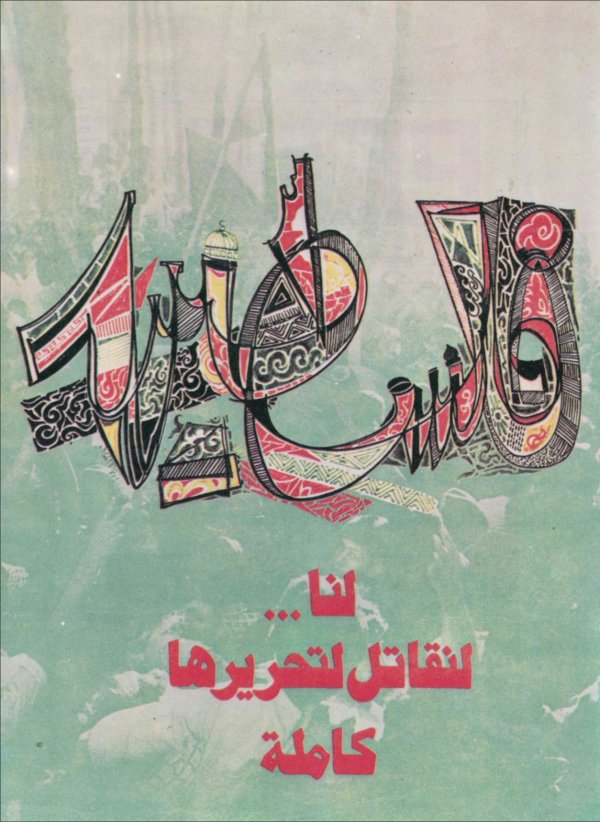
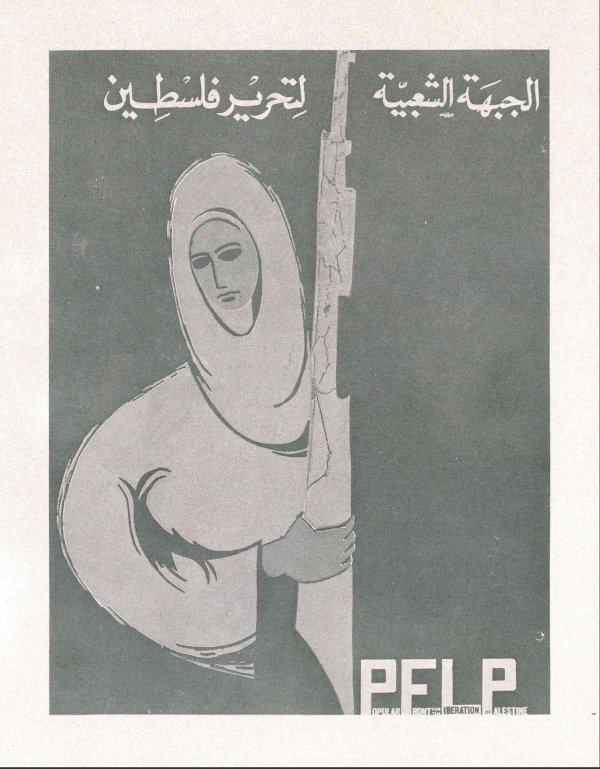

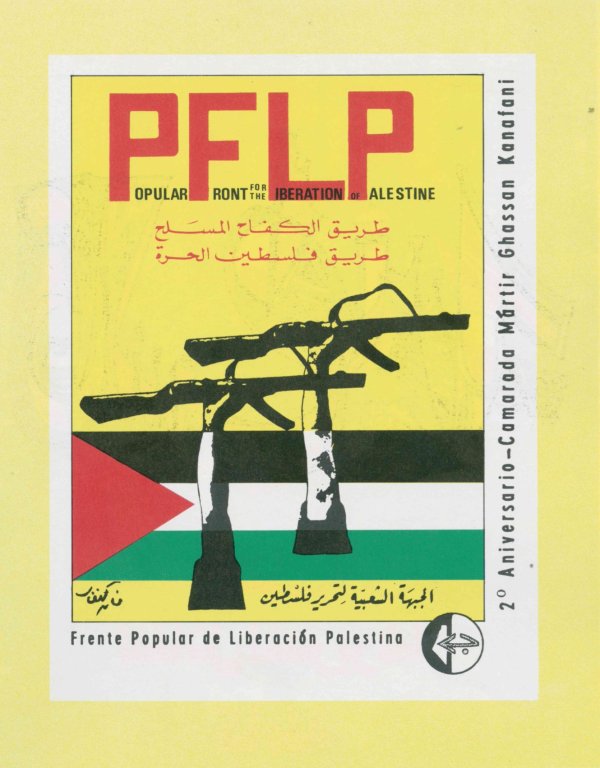
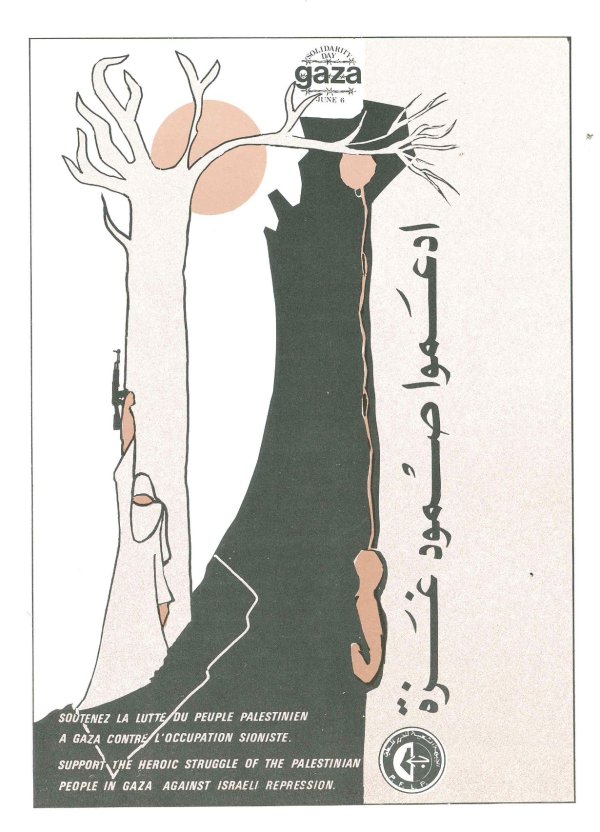
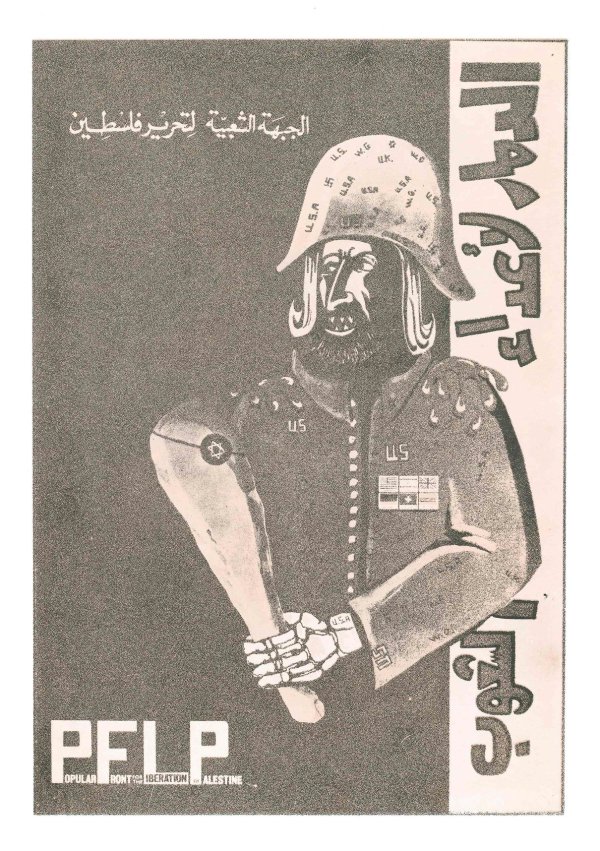
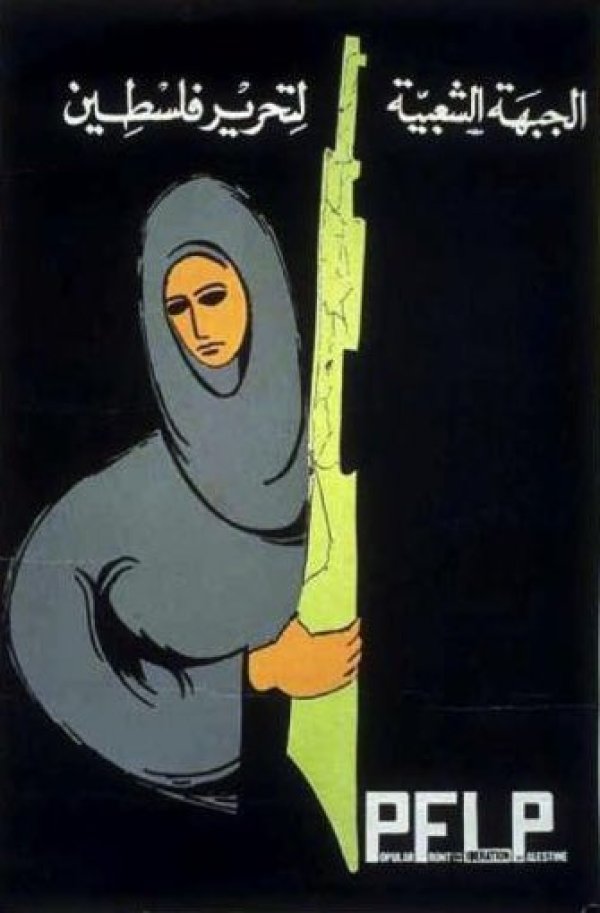
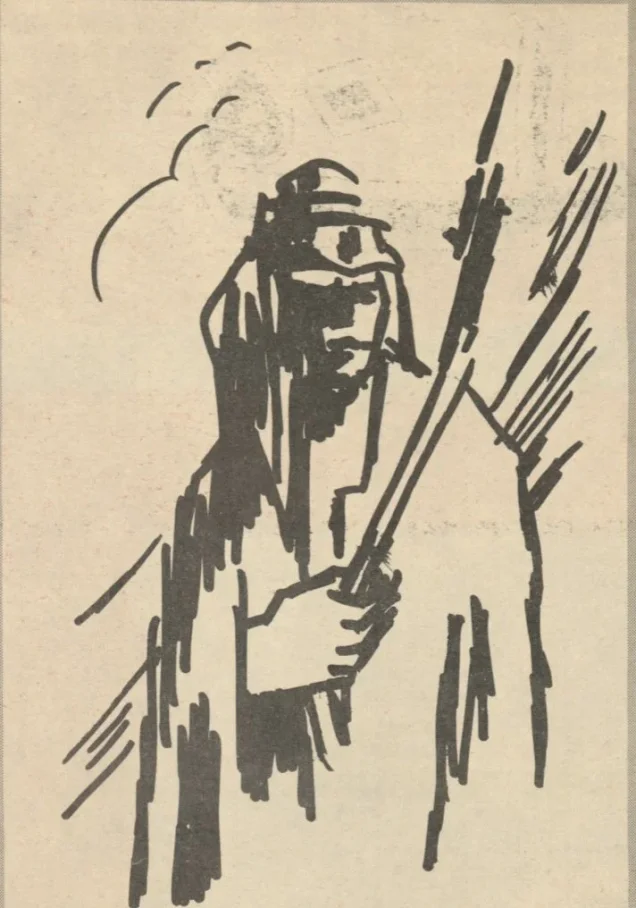
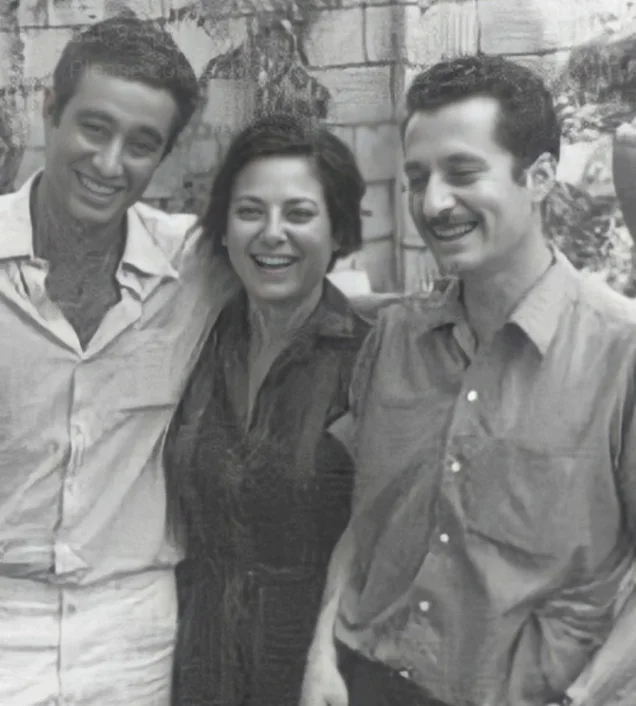

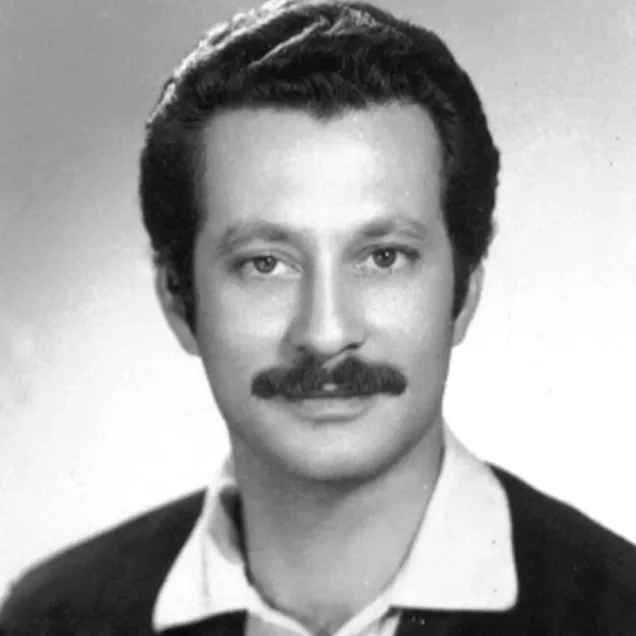
Share your opinion